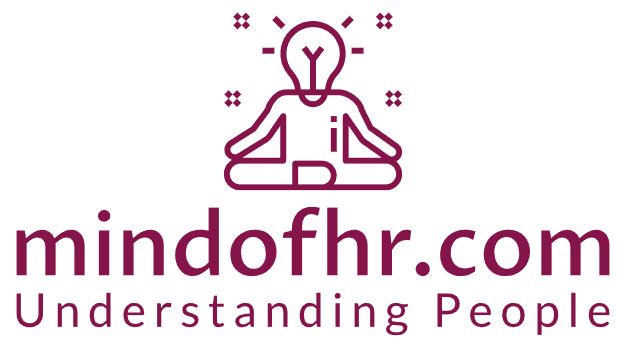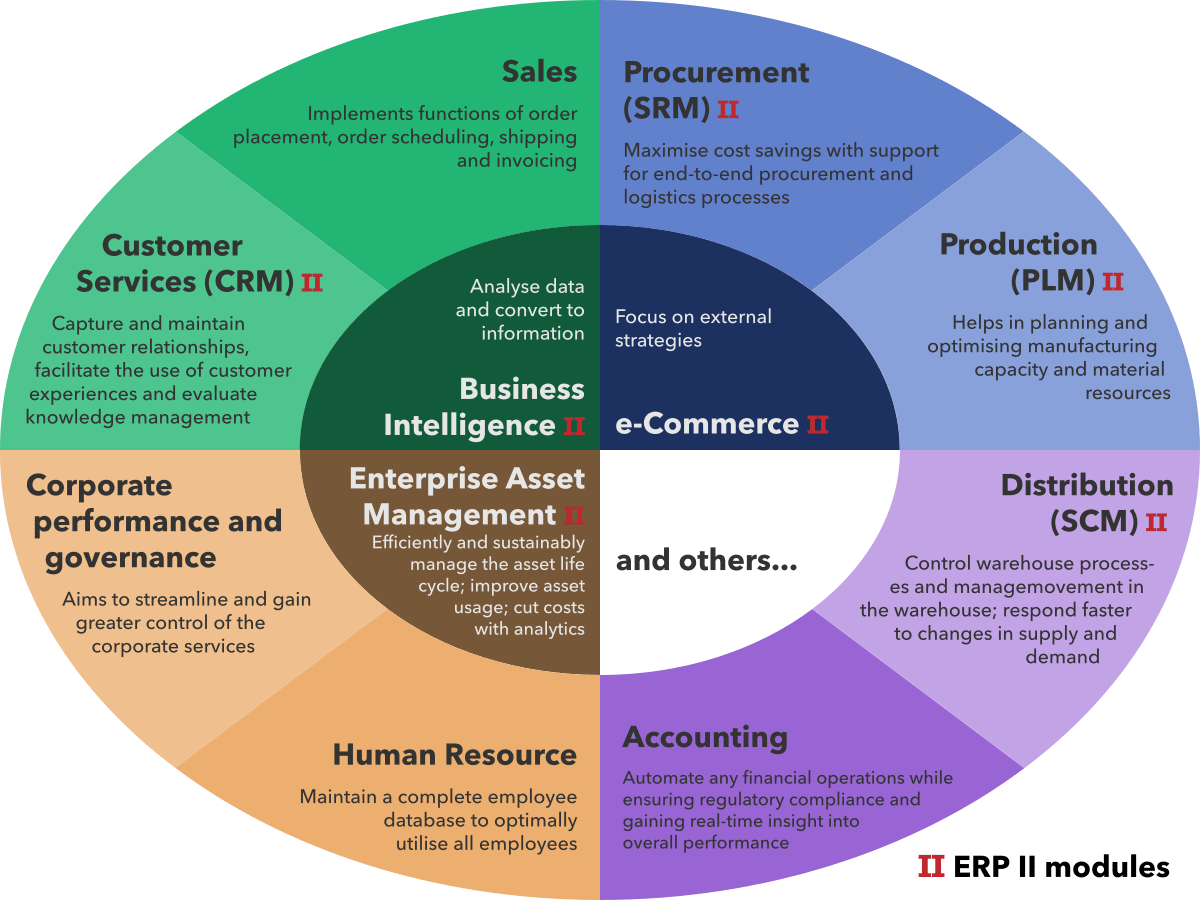In today’s dynamic and rapidly evolving business environment, the need for efficient and integrated enterprise resource planning (ERP) solutions has never been greater. From small startups to multinational corporations, organizations are constantly seeking ways to streamline their operations, optimize processes, and enhance decision-making capabilities. ERP systems serve as the backbone of this endeavor, offering comprehensive suites of applications to manage core business functions such as finance, human resources, supply chain, manufacturing, and more.
Enterprise Resource Planning (ERP) is a software solution that integrates various business processes and functions across an organization into a unified system. ERP systems are designed to streamline operations, improve efficiency, and facilitate data-driven decision-making by providing a centralized platform for managing core business activities.
At its core, an ERP system typically includes modules or applications for functions such as:
- Finance and Accounting: This module manages financial transactions, including accounts payable, accounts receivable, general ledger, budgeting, and financial reporting.
- Human Resources: The HR module covers employee management, payroll, benefits administration, recruitment, training, and performance evaluation.
- Supply Chain Management (SCM): SCM modules handle inventory management, procurement, order processing, supplier management, and logistics.
- Manufacturing: Manufacturing modules manage production planning, scheduling, shop floor control, inventory optimization, and quality control.
- Customer Relationship Management (CRM): CRM modules focus on customer interactions, sales management, marketing automation, customer service, and support.
- Project Management: Project management modules help in planning, budgeting, resource allocation, and tracking project progress.
- Business Intelligence (BI) and Reporting: ERP systems often include BI tools for analyzing data, generating reports, and providing insights into business performance.
ERP systems facilitate the flow of information across departments, enabling seamless communication and collaboration. They eliminate data silos and redundant processes, leading to improved productivity and efficiency. Moreover, ERP systems provide real-time visibility into key business metrics, enabling stakeholders to make informed decisions and respond quickly to changing market conditions.
ERP solutions can be deployed on-premises or in the cloud, offering flexibility to organizations based on their specific requirements and preferences. Additionally, many ERP vendors offer industry-specific solutions tailored to meet the unique needs of different sectors, such as manufacturing, retail, healthcare, or services.
As the demand for ERP solutions continues to rise, the market has witnessed the emergence of a multitude of offerings tailored to meet the diverse needs of different industries and business sizes. Let’s take a closer look at some of the prominent ERP solutions making waves across the globe:
- SAP ERP: SAP (Systems, Applications, and Products in Data Processing) is a German multinational corporation renowned for its comprehensive ERP software. SAP ERP integrates various business processes into a single platform, providing functionalities for finance, procurement, sales, distribution, and manufacturing. With a vast customer base spanning industries like manufacturing, retail, healthcare, and telecommunications, SAP ERP remains a dominant player in the global ERP market.
- Oracle ERP Cloud: Oracle Corporation offers a suite of cloud-based ERP solutions designed to streamline business operations and drive innovation. Oracle ERP Cloud encompasses modules for financial management, procurement, project management, and human capital management, among others. Leveraging advanced technologies such as artificial intelligence and machine learning, Oracle ERP Cloud delivers real-time insights and scalability to organizations worldwide.
- Microsoft Dynamics 365: Microsoft’s ERP offering, Dynamics 365, provides a unified platform for managing various business functions, including finance, sales, marketing, and customer service. Built on the robust foundation of Microsoft Azure, Dynamics 365 offers flexibility and agility, allowing organizations to adapt to changing market dynamics and customer demands. With seamless integration capabilities and a user-friendly interface, Dynamics 365 is gaining traction among businesses seeking modern ERP solutions.
- Infor CloudSuite: Infor, a global leader in business cloud software, offers CloudSuite, a suite of industry-specific ERP solutions tailored to meet the unique requirements of different sectors. From manufacturing and distribution to healthcare and hospitality, Infor CloudSuite provides comprehensive functionality coupled with industry-specific best practices. With a focus on user experience and innovation, Infor CloudSuite empowers organizations to drive digital transformation and achieve operational excellence.
- NetSuite: Acquired by Oracle Corporation, NetSuite is a cloud-based ERP solution designed for small and medium-sized businesses (SMBs) as well as large enterprises. NetSuite encompasses modules for financial management, inventory management, CRM, e-commerce, and more, all delivered through a single, unified platform. With its scalability, flexibility, and rapid deployment capabilities, NetSuite has emerged as a preferred choice for organizations seeking agility and efficiency in their operations.
- Sage Intacct: Sage Intacct is a cloud-based ERP solution catering primarily to mid-market organizations and growing businesses. With its focus on financial management and accounting, Sage Intacct offers robust features for budgeting, revenue recognition, and financial reporting. Additionally, Sage Intacct integrates seamlessly with other business applications, providing organizations with greater visibility and control over their financial processes.
These are just a few examples of the myriad ERP solutions available in the market today. While each solution brings its own set of features, benefits, and considerations, the ultimate goal remains the same: to enable organizations to operate more efficiently, make informed decisions, and stay competitive in an ever-evolving business landscape. As businesses continue to navigate the complexities of digital transformation, the role of ERP solutions will only become more critical in driving success and growth.











